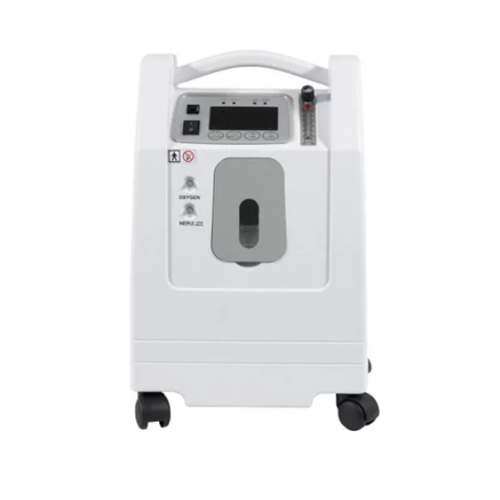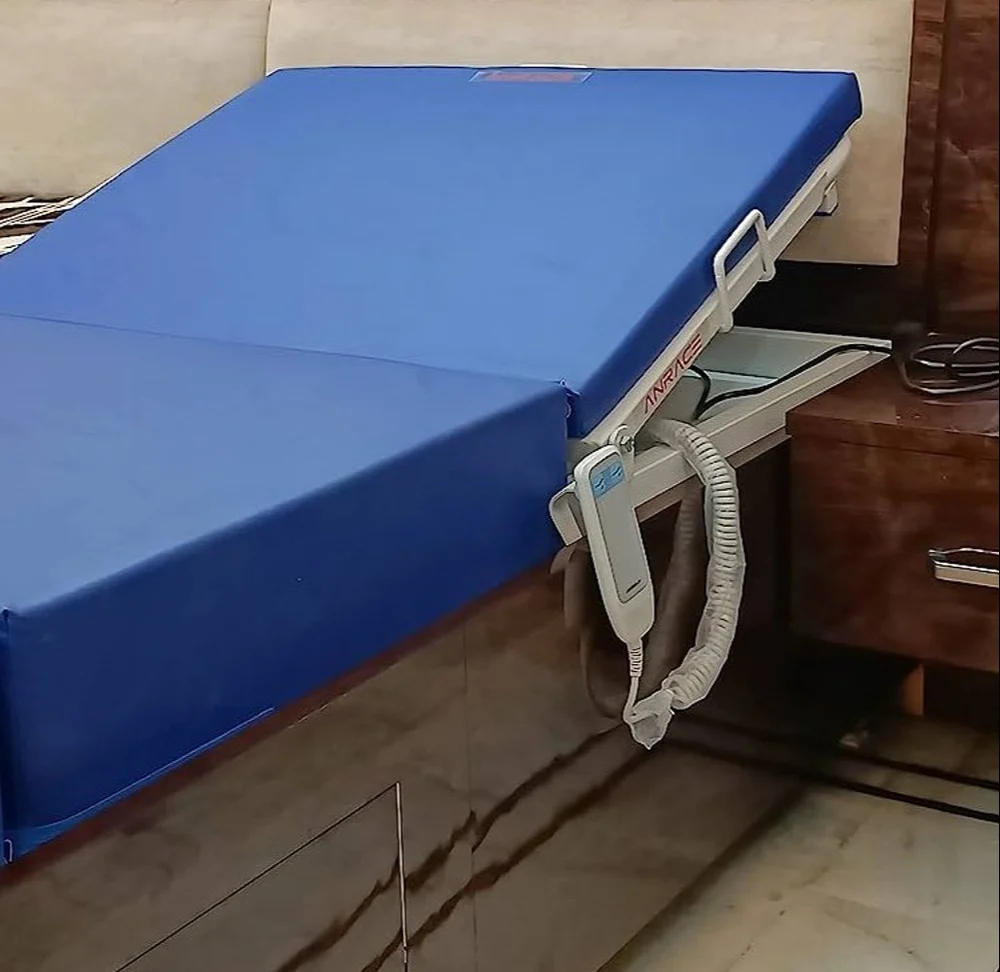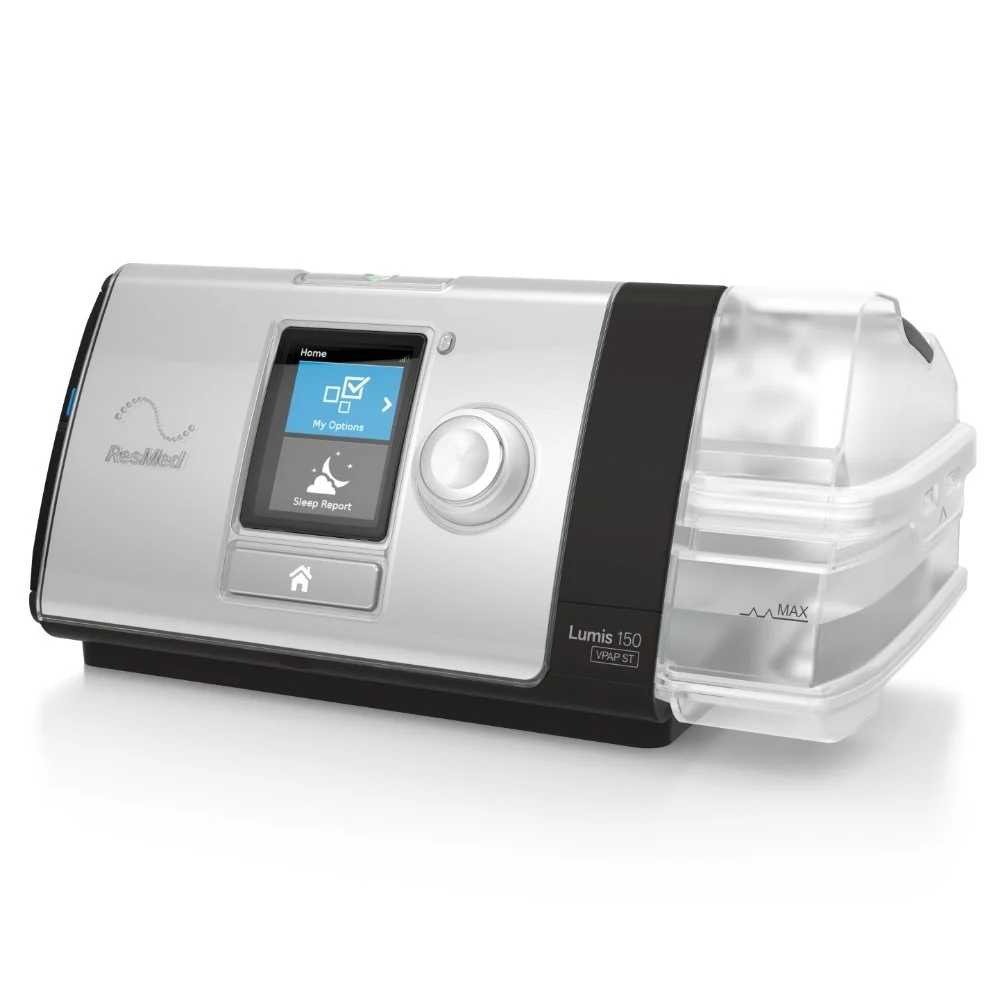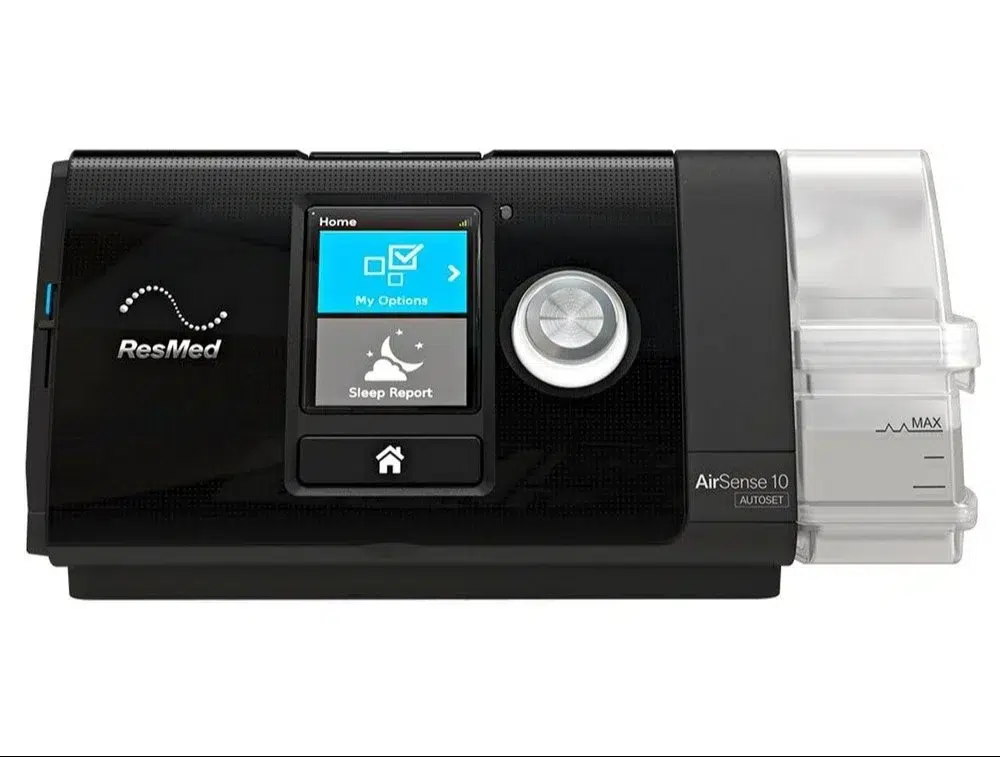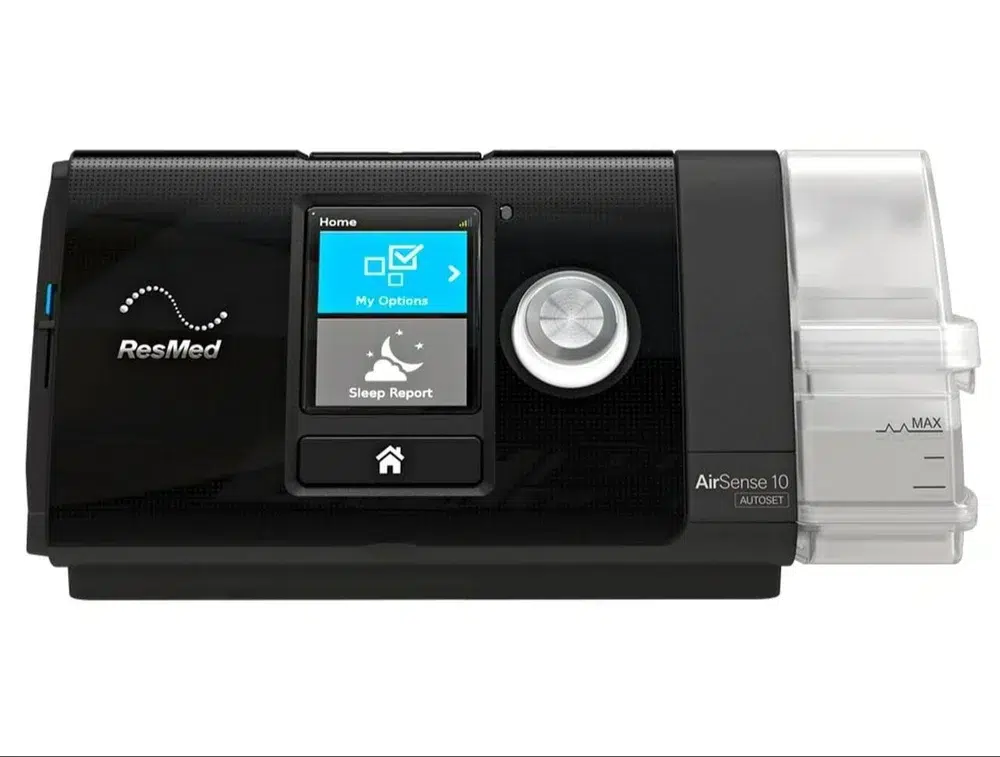Planning a Transition Into Memory Care
As our loved ones age, many may face challenges related to memory loss or cognitive decline. For families, making the decision to transition a loved one into memory care can be emotionally complex and logistically overwhelming. Memory care facilities provide specialized support for individuals living with Alzheimer’s, dementia, and other forms of cognitive impairment. These facilities are designed to offer a safe and supportive environment, helping residents maintain a sense of independence while receiving the care they need.
Understanding when and how to make this transition can make a significant difference in the quality of life for your loved one. In this guide, we will explore the essential steps to consider when planning a transition into memory care, including recognizing when it’s time, choosing the right facility, preparing emotionally, and managing the logistics to ensure a smooth and positive experience for everyone involved.
Recognizing When It’s Time for Memory Care
The decision to move a loved one into a memory care facility is rarely straightforward. It often comes after a period of reflection, weighing the benefits of professional care against the desire to provide support at home. Understanding when it’s time to consider memory care involves assessing your loved one’s safety, daily functioning, and overall health. Here are some key indicators that transitioning to a memory care facility may be the right decision:
- Safety Concerns: Safety is often the first and most pressing concern when deciding if memory care is necessary. Individuals with cognitive impairments may exhibit behaviors like wandering, getting lost in familiar places, or neglecting to turn off appliances, which can pose serious risks. For example, a loved one may leave the house without proper clothing, cross busy streets without awareness, or forget a pot on the stove, leading to potential fire hazards.
- Difficulty with Daily Activities: As dementia progresses, even simple daily activities like cooking, dressing, or bathing can become difficult or neglected. Your loved one might start wearing the same clothes repeatedly, forget to eat meals, or skip essential hygiene routines. These changes not only affect their physical health but can also erode their self-esteem and sense of independence.
- Health Decline: If your loved one is experiencing unexplained weight loss, frequent dehydration, or a decline in personal hygiene, it may signal that they’re no longer able to manage their health effectively. Dementia can impair judgment and make it challenging to remember basic self-care tasks, such as eating regularly or taking prescribed medications.
- Caregiver Stress: Caring for a loved one with memory issues is often a full-time commitment that can lead to physical, emotional, and mental exhaustion. If you or other family members are feeling overwhelmed, isolated, or burned out, it’s a sign that additional help is needed. Memory care facilities offer a team of professionals to share the caregiving responsibilities, allowing family members to step back from the day-to-day care and focus on maintaining a loving relationship.
- Social Isolation and Mood Changes: Social withdrawal, mood swings, increased irritability, and depression are common in individuals with dementia. They may begin avoiding social situations they once enjoyed or become confused and frustrated in group settings. A memory care environment offers structured social activities, therapies, and peer interactions that can help alleviate these symptoms.
Recognizing these signs can be difficult, but taking an objective look at your loved one’s behavior and health is essential in making the right decision for their long-term care and quality of life.
Researching and Choosing the Right Memory Care Facility
Choosing the right memory care facility for your loved one can feel overwhelming but understanding what to look for can help you make an informed decision. The right facility should not only provide excellent care but also foster a sense of comfort, safety, and community for residents. Here’s an in-depth look at key factors to consider when evaluating memory care options:
- Specialized Staff Training and Experience: The quality of care in a memory care facility heavily depends on the experience and expertise of the staff. Caring for individuals with dementia or Alzheimer’s disease requires a distinct set of skills and a deep understanding of cognitive health issues. Staff should be trained specifically in dementia care, including communication techniques, de-escalation strategies, and how to handle various behavioral changes that may arise as the disease progresses.
- Environment and Safety Features: The environment of a memory care facility plays a crucial role in the well-being and comfort of its residents. Look for facilities that are designed specifically with memory care needs in mind. Features such as clear signage, color-coded hallways, and distinct landmarks can help residents navigate the space independently, reducing disorientation and anxiety.
- Personalized Care Plans: Memory care is not a one-size-fits-all service. Each resident’s cognitive abilities, preferences, and medical history should be considered when developing a care plan. Personalized care plans ensure that the unique needs of each individual are met, fostering a more tailored approach to daily care and engagement.
- Engagement and Activities: Meaningful engagement and structured activities are essential for maintaining cognitive function, emotional well-being, and a sense of purpose among memory care residents. Look for facilities that offer a diverse range of activities tailored to different stages of dementia. These may include music therapy, art classes, gardening, exercise programs, memory games, and sensory activities.
- Family Involvement and Communication: Family involvement is crucial in memory care. Facilities should encourage family members to be active participants in their loved one’s care plan and decision-making process. Regular communication, whether through in-person meetings, phone calls, or digital updates, helps keep families informed and involved.
- Proximity and Accessibility: Location is another important factor to consider when choosing a memory care facility. Being close to family and friends makes it easier to visit regularly, stay involved, and monitor your loved one’s care. Proximity also allows for more spontaneous visits, which can provide comfort and reassurance for both the resident and their family.
Taking the time to visit potential facilities, ask questions, and understand their approach to care will ensure you find the best fit for your loved one’s needs. A facility that meets these criteria will not only provide high-quality care but will also create a supportive environment where residents can thrive and families can feel confident in their decision.
Preparing for the Emotional Transition
Moving into memory care can be a challenging emotional experience for both the individual and their family. Preparing for this transition is key to reducing stress and anxiety during the move. Here are some strategies to help ease the process:
- Have Open Conversations Early: When possible, involve your loved one in the conversation about transitioning into memory care. Share your concerns, listen to their thoughts, and discuss the benefits of professional care. This can help them feel more in control of the decision-making process.
- Create a Familiar Space: Bring personal items from home, such as photographs, favorite blankets, or familiar furniture, to help create a sense of familiarity in their new environment. These items can provide comfort and make the new space feel more like home.
- Visit Together Before the Move: Arrange a few visits to the memory care facility before moving day. This can help your loved one become more familiar with the surroundings, meet the staff, and reduce feelings of anxiety or confusion on the actual day of the move.
- Develop a Routine: Establishing a consistent routine can provide a sense of stability and predictability. Work with the facility to develop a daily schedule that incorporates your loved one’s preferences, such as meal times, nap times, and favorite activities.
- Acknowledge and Validate Emotions: It’s natural for your loved one to experience a range of emotions during this transition. Validate their feelings, offer reassurance, and provide support without minimizing their concerns.
- Plan a Gradual Transition: If possible, plan a gradual transition by starting with short visits or day programs at the facility. This step-by-step approach can help your loved one adjust more comfortably to the new environment.
Managing the Logistics of the Move
The logistics of transitioning a loved one into memory care can be complex, but breaking it down into manageable steps can make the process smoother:
- Legal and Financial Planning: Before moving, ensure all necessary legal documents are in order, including power of attorney, healthcare directives, and financial planning. This will allow you to make informed decisions on behalf of your loved one when needed.
- Medical Records Transfer: Coordinate with your loved one’s healthcare providers to transfer medical records, prescriptions, and care plans to the memory care facility. This will ensure continuity of care and help the new caregivers understand your loved one’s health history and current needs.
- Packing Essentials: When packing for the move, prioritize items that will provide comfort and familiarity. Include clothing, toiletries, favorite books, or music, and any assistive devices your loved one uses. Avoid overpacking, as clutter can contribute to confusion.
- Coordinate with Facility Staff: Work closely with the facility’s staff to ensure a smooth transition. Provide them with background information on your loved one’s preferences, routines, and potential triggers. This information will help staff develop a care plan that aligns with your loved one’s needs.
- Set Up a Communication Plan: Establish a communication plan with the facility to receive regular updates on your loved one’s well-being. Schedule regular family meetings with staff to discuss any concerns or changes in care.
Supporting Your Loved One After the Move
The transition to memory care doesn’t end once your loved one is physically moved into the facility. It’s an ongoing process that requires continuous support and communication to ensure they feel comfortable, secure, and happy in their new environment. Here are some effective strategies to provide the right support after the move:
- Frequent Visits and Calls: Regular visits and phone calls can significantly ease the transition period. Being present, even if just for a short while, reassures your loved one that they have not been abandoned and that they are still an important part of your life. Establish a consistent visiting schedule to help build familiarity and routine, as knowing when to expect your presence can provide a sense of stability and comfort.
- Engage in Facility Activities: Many memory care facilities offer a range of activities designed to promote social interaction, cognitive engagement, and emotional well-being. Take the time to learn about the activities available and, when possible, participate alongside your loved one. This could include attending social events, joining in on arts and crafts sessions, or being present during exercise or music therapy.
- Monitor Well-Being: Keeping a close eye on your loved one’s emotional and physical well-being is crucial during the adjustment period. Changes such as increased agitation, withdrawal, changes in appetite, or difficulty sleeping can indicate that they are struggling to adapt. Have open discussions with the facility staff about any observations you make and work together to address these concerns.
- Seek Support for Yourself: The transition to memory care can be emotionally taxing not just for the individual but also for their family members. Feelings of guilt, sadness, or anxiety are common as you navigate this new chapter. It’s important to recognize these emotions and seek support when needed. Friends, family, or professional counselors can offer guidance and understanding, helping you process your feelings and provide the best possible support for your loved one.
Making the Transition Work for Everyone
Transitioning a loved one into memory care is a deeply personal and emotional journey. While there will be challenges, approaching the process with careful planning, open communication, and empathy can make the experience more positive for everyone involved. By focusing on creating a supportive environment and maintaining strong connections, you can help your loved one thrive in their new home while ensuring they receive the specialized care and attention they deserve.
*****
latest Blogs
categories
Categories
- Beauty Tips
- COVID-19
- Fitness tips
- Health & Wellness
- Health & Wellness Equipment
- Health and Wellness
- Health care
- Health Tips
- Healthcare & Medical Equipment Rental
- Healthcare Solutions
- Healthy Eating
- Home Healthcare Solutions
- Hospital Bed Rentals
- Life Style
- Medical Equipment Rentals
- Mental Health
- Nebulizer Machines
- Nursing Care Services
- Patient Care Solutions
- Prime Healers community
- Product information
- Product Review
- Renting an Oxygen Concentrator
- Respiratory Care
- Respiratory Care Solutions
- Uncategorized
- Wheelchair and Hospital Bed
- Wheelchair for Festivals



